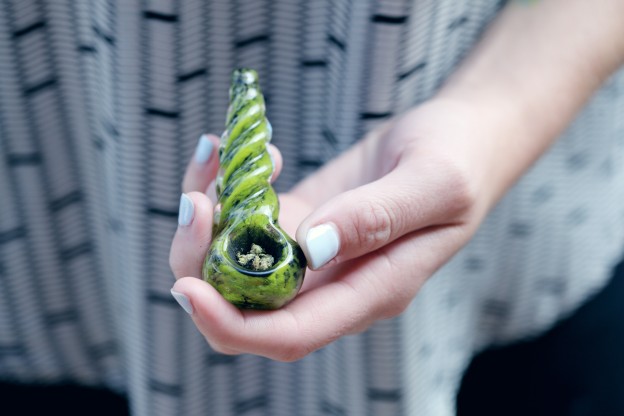Is Zoom Fatigue a thing? Are we in a “new normal” yet? That may depend on when, how, and to whom you ask the question. Wherever this message may find you, the staff in APA’s Early Career & Graduate Student Affairs hope that you are safe and that all of your loved ones are well. This is our third pandemic “care package.” We’ve hand-picked a few of the top resources provided by APA and related organizations to assist you during this time. Please feel free to share this with your networks and reach out if you have any questions or specific concerns we can field.
New resources:
- Our “Staying on Track” webinar series has you covered this month. You can also watch previous talks.
- May 7: Managing Your Grants and Research During COVID-19
- May 14: Internship Preparation and Training Amidst COVID-19
- May 14: Postdoctoral Training and Licensure
- May 19 (with APA President): Leadership During a Pandemic: Steadying the Course for Your Team and Organization
- May 28: Job Searching During the Pandemic and Beyond
- Related! APA weekly Town Halls with the President and CEO, including one for students to be scheduled the week of May 18.
- Academia and work
- APA’s Advanced Training Institutes help you develop state-of-the art research methodology skills. This year, they are free and virtual. Update: As of today, there is one deadline open with a waiting list.
- Lots of universities are offering free e-courses, such as these from Harvard.
- Funding is available for COVID-19 psychological research.
- Leadership development resources from the AAMC.
- Read up on career advice, a how-to on networking in isolation, some specific ideas for academic job-seekers, and a psychologist’s perspective on the post-pandemic (yes, please!) job market.
- Advocacy
- Have a look at APA’s priorities on student debt and other higher ed issues related to COVID. (Related: APA webinar and TICAS guidance).
- International education advocacy resources are available from NAFSA and CGS.
- The National Postdoc Association reports on the impact of the pandemic on postdocs.
- For health service psychologists and trainees:
- When is it ok to reopen your offices? (recommendations from APA)
- Updates from ASPPB on EPPP testing and licensure
- Guidance from ABPP on board certification processes
- Training councils’ statement on furloughs (furloughed? Drop us a line.)
- Free neuropsychology didactic training series (co-sponsored by APA)
Continuing resources:
- We continue to update APA’s COVID-19 information and resource page – this is worth bookmarking.
- The gradPSYCH blog is covering various issues with a student perspective. Subscribe with a few clicks.
- The APAGS Facebook group is a great place to connect with hundreds of trainees on COVID-19 related concerns.
- Sign up for office hours with Dr. Eddy Ameen (Associate Executive Director of APA Early Career & Graduate Student Affairs) on Tuesday or Thursday afternoons.
- We are offering free yoga and breathing webinars today.
- We are offering free membership to new doctorates – this may be especially helpful to our newest ECPs.
- Our weekly Washington Update shares developments in federal policy and advocacy
What else would you like to see? Send us an email – your concerns are our priority.


 freeze the hiring of Federal civilian employees across the executive branch with the exception of military personnel. The President’s memorandum can be found
freeze the hiring of Federal civilian employees across the executive branch with the exception of military personnel. The President’s memorandum can be found